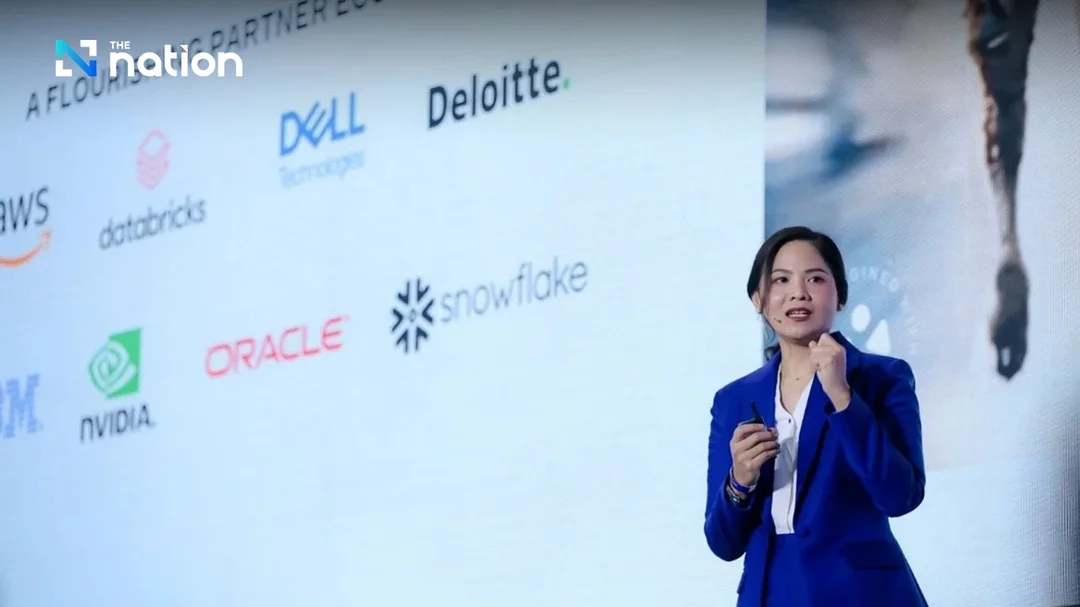
Yann LeCun: Meta’s AI Chief Unveils 4 Missing Human Traits in Current AI Models
Yann LeCun, Meta's chief AI scientist, has sparked a crucial discussion about the limitations of current AI models. He argues that these models lack four essential traits of human intelligence, hindering their ability to truly understand and interact with the world. This revelation calls for a significant shift in how AI is trained and developed.
According to LeCun, speaking at the AI Action Summit in Paris, the four key characteristics of intelligent behavior are: understanding the physical world, having persistent memory, being able to reason, and being able to plan complex actions hierarchically. He contends that today's AI, particularly large language models (LLMs), haven't achieved this level of proficiency.
LeCun criticizes the current approach of bolting on capabilities to existing models as mere "hacks." He points to methods like training separate vision systems or using Retrieval Augmented Generation (RAG) for memory as temporary fixes rather than fundamental solutions. He sees these solutions as attempts to compensate for the AI's intrinsic lack of understanding.

Instead, LeCun advocates for world-based models, which are trained on real-life scenarios and possess higher levels of cognition than pattern-based AI. These models aim to predict the state of the world resulting from an action, enabling AI to better understand cause and effect.
Meta is actively experimenting with this approach through V-JEPA, a non-generative model released earlier this year. V-JEPA learns by predicting missing or masked portions of video, focusing on abstract representations rather than pixel-level details. LeCun draws a parallel to how chemists established a hierarchy for matter: particles, atoms, molecules, and materials. Each layer eliminates irrelevant information from lower levels, allowing for a clearer understanding of the task at hand.
On a related note, Meta is also focusing on leveraging AI for business applications, especially in marketing and personalization. Prae Dumrongmongcolgul, country director for Facebook Thailand, emphasized how AI can boost ROI through optimization of advertising campaigns and business messaging. A recent report indicated that 77% of Thai businesses have already integrated AI into their operations, showcasing the growing adoption of AI in the region.
Meta has launched the Meta AI application in Thailand, which showcases the company's commitment to personalized AI experiences. The app integrates seamlessly across multiple platforms and has already gained significant traction, reaching over 1 billion monthly active users in the first quarter of 2025. Future plans include AI-powered travel planning and summarization tools.
LeCun's insights highlight the need for a more holistic approach to AI development, one that prioritizes fundamental understanding over superficial pattern recognition. The future of AI may depend on bridging the gap between machine intelligence and the core cognitive abilities that define human understanding.
What are your thoughts on LeCun's assessment? Do you agree that current AI models lack these essential human traits? Share your perspectives in the comments below.